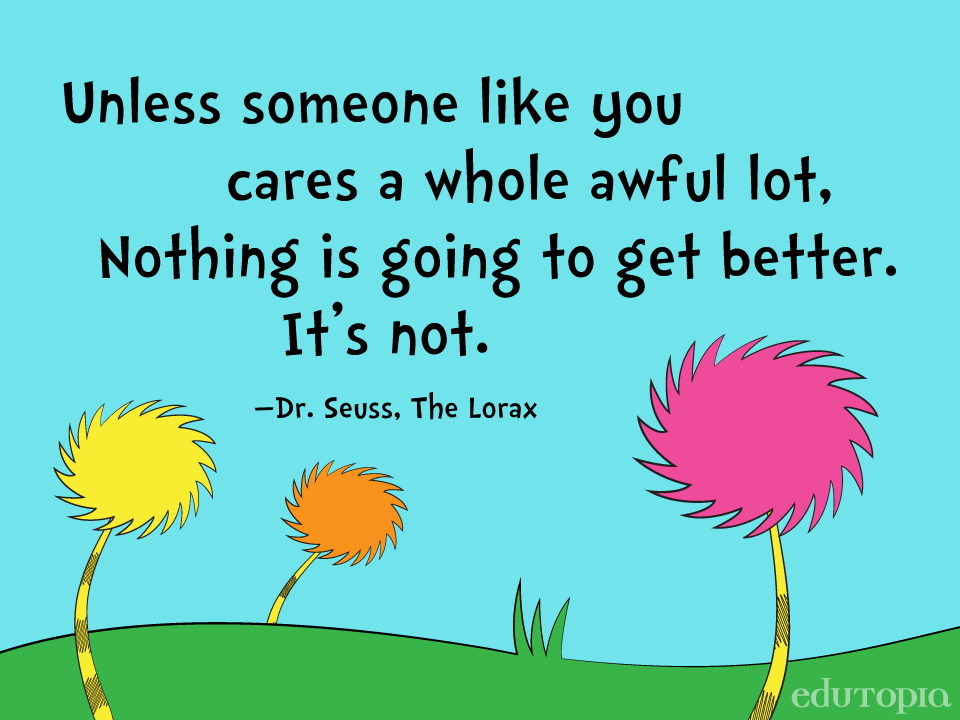Education should not be complicated ... it just shouldn't. Unfortunately, administrators, standards, testing, the American market, and our culture has made education complicated and frustrating for teachers and eventually for students. While there are many factors to declining test scores and teacher shortages, I truly believe that we need to simplify education in America. Hire qualified teachers who care for their students ... and get out of the way and let them teach.
It seems like each year brings around another educational fad, another standard, another assessment system, another "magic bullet" educational tool, and another acronym. While being progressive and innovative in education requires trying new strategies, the KISS Principle (keep it simple, stupid) has been on my mind as I prepare for another school year.
I just finished my 26th year working professionally in education (13 in teaching / 13 in administration), and I've been to countless conferences, completed a masters in curriculum / instruction and a doctorate in edu leadership, been on both sides of accreditation visits, taught college education courses, and my twitter feed (@drkedu) is overflowing with edu resources ... Let's just say, I've seen a lot come and go in education.
Of course, my education and experience have impacted my view of education, but I'm also a parent. Being a parent of five amazing kids (and my recent @acsd conference) have really driven home the KISS principle this summer.
The two gurus on teaching excellence and teacher evaluation systems, Marzano and Stronge, both finished their keynote sessions with personal notes on what was truly important.
Robert Marzano highlighted a program called Rachel's Challenge, named after Rachel Scott, the first student killed in the Columbine High School shootings on April 20, 1999. This powerful program couples an anti-bullying message with a message of kindness. Marzano passionately promoted this program to help students feel safe at school. Yes, the essential message from the master of "the art and science of teaching," was to "keep it simple" and focus on creating a safe learning environment ... reduce bullying, increase kindness.
James Stronge focused on the "simple" research findings of effective teaching and learning. You want to know what really matters in teaching? It was quite simple:
1. Quality Feedback from teacher to student
2. Positive Relationship of teacher and student
3. Effective Teaching Strategies.
However, James Stronge also ended his presentation on a personal note ... as a parent. What is he looking for in a "world-class" school to enroll his own daughter? The questions that he is asking are: Is she safe? (care for her) Is she happy? (make learning fun) and Is she learning? (challenge her to grow).
Education is simple, right? I agree with Marzano and Stronge; as a parent, I want my children to have qualified teachers who care and make learning fun and challenging ... all in a safe environment.
We sure know how to make education difficult today with metrics and rubrics, assessments and lesson plans ... we keep adding state and national standards, high stakes testing, RtI assessment, among a thousand other things that someone thinks will work. It is ironic that the educational research doesn't support increasing of any of those things ... see Stronge's research.
An example of how our "complicated" educational system is not working has been recently highlighted in the comparison of American schools and schools from Denmark and Finland.
The educational system in Finland has been called the best in the world by Howard Gardner (Harvard Graduate School of Education). In fact, in the article "Why Finland has the Best Schools" (Doyle, 2016), Gardner is quoted as saying, "Learn from Finland, which has the most effective schools and which does just about the opposite of what we are doing in the United States." As cited in the article, Finnish children don't begin their academic study until age 7 and spend an unbelievable amount of time playing ... in a safe, loving environment ... and yet, Finland is ranked as the most literate country, along with being on the top of other global educational rankings.
Another example comes from Denmark. While American kindergartners are focusing on Common Core literacy standards and American parents panic if their child is not reading at the end of kindergarten, their Danish counterparts play. See the October 1, 2015 article in The Atlantic on the negative effects of too academic kindergartens: "The Joyful, Illiterate Kindergartners of Finland" by Timothy Walker.
Is the American educational system too complex? I would argue "yes." Is it a contributing factor to the current teacher shortage? I would also argue "yes."
Teachers used to enter this amazing profession because they love working with students, get excited about learning and growth, and want to inspire students with learning that is fun and challenging. Today, college students don't consider the teaching profession because the profession doesn't include any of the above anymore ... it has become an over-assessed and over-stressed profession (and it has always been under-paid). Unfortunately, the American education system continues to get more complicated and regimented, and the results have yielded lower test scores and a teacher shortage.
Keep it simple ... I echo James Stronge
- Care for my kids
- Make learning fun
- Challenge them to grow
That is what I want for my kids and for every kid at my school. Isn't that what every parent wants?
Keep it Simple, Stupid ... just care for kids like they were your own!
